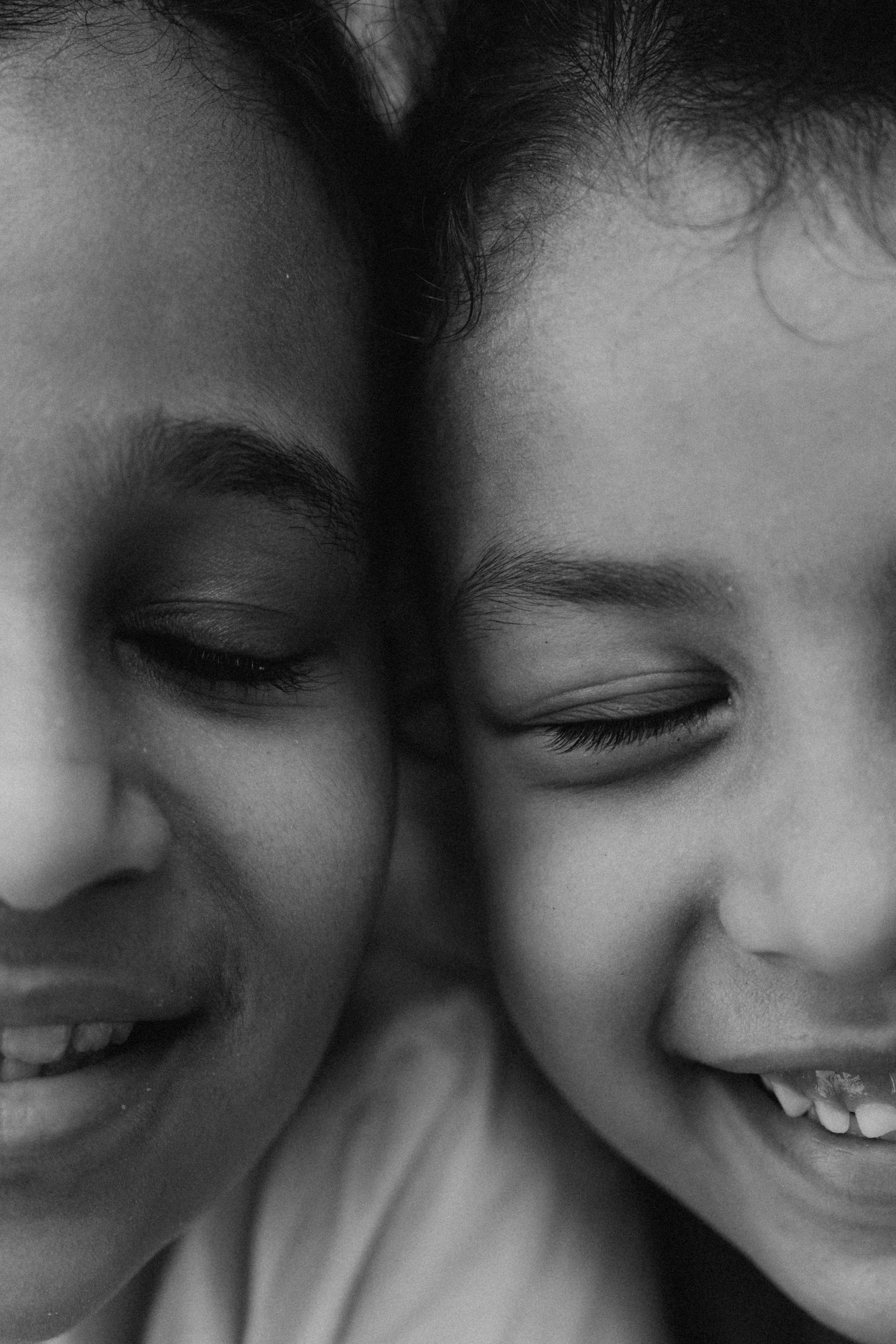Reflections on Alex Jones’ Interview with Tucker Carlson: The Message Over the Messenger
In a recent interview on YouTube, Alex Jones engaged in a thought-provoking conversation with Tucker Carlson that has sparked considerable discussion. I felt compelled to share my reflections on this dialogue, particularly regarding the nature of accountability and the responsibility that comes with foreseeing troubling events.
Jones, often a polarizing figure, has a unique approach when it comes to acknowledging his predictions about significant occurrences, such as the tragic events of 9/11. Rather than reveling in the notion of being “right” after the fact, he emphasizes the importance of looking ahead and learning from our past mistakes. His sentiment is clear: while acknowledging the validity of warnings is important, dwelling on them can detract from the critical lessons that need to be addressed to prevent future atrocities.
What stands out about Jones is his commitment to the core message rather than personal accolades. He could easily celebrate his accuracy in foreseeing events, perpetually reminding the world of his foresight. However, he chooses instead to shift the focus towards action and prevention, urging society to learn from historical calamities to ensure they are not repeated.
In a world where conspiracy theories often flood public discourse, some may indulge in the notion of being vindicated by their beliefs. Yet, as Jones points out, transforming such acknowledgment into a competitive win-loss narrative diminishes the gravity of the issues at stake. It risks turning serious discussions into trivial games, suggesting that those who prioritize personal vindication may ultimately undermine their own message.
This interview serves as a reminder of the significance of intent behind the message. As we navigate complex societal challenges, it’s crucial to prioritize meaningful dialogue and constructive action over self-congratulatory recognition. Let’s aim to engage with ideas in a way that fosters understanding and progress rather than simply celebrating who saw something coming first.
I invite you to share your thoughts on this perspective. How do you view the interplay between accountability and learning in our ongoing social discourse?



